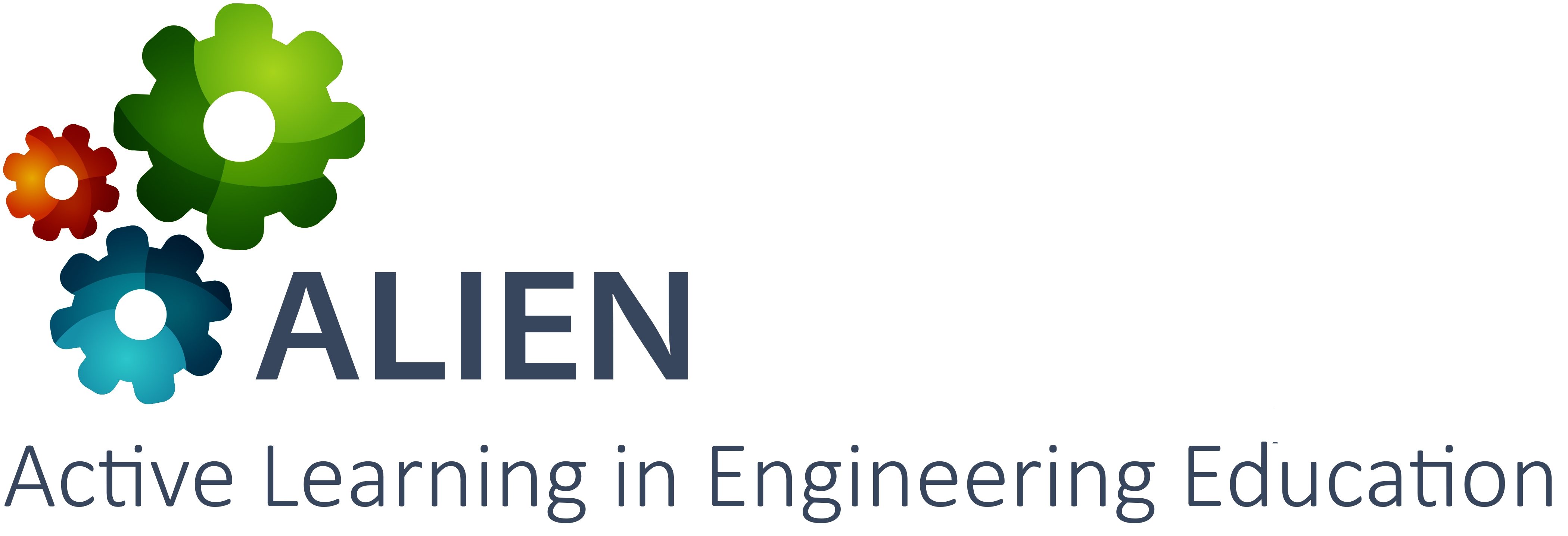Course overview
This course introduces fundamental concepts of structured programming with special emphasis on implementation in the C++ language and provides a comprehensive introduction to programming for Computer Science and Technology majors. Topics include variables, data types, control structures, functions, arrays, and the mechanics of running, testing, and debugging.
Participants in piloting
This is a core course of the BS in Software Engineering, Computer Science, and Information Technology programs. It is offered to1st year students. The classes were conducted partially physically and partially online.


Use of ALIEN services and tools
During the course of Programming Fundamentals students were exposed to active and problem-based learning in the contexts of Programming Fundamentals using the C++ language. Different laboratory exercises were carried out during the practical activity hours. Each exercise described an overall goal, objective, context, and problem. Students were divided into groups to discuss and solve the exercises. Early finishers were given some more problem explanations.
A total of 8 different laboratory exercises covering the following activities were conducted:
- Utilizing basic data types, including arrays, in algorithm design.
- Converting algorithms into programs.
- Tracing programs and verifying their functionality. Finding logical bugs.
- Describing the syntax of various instructions and programming structures.
- Describing the IO streams and role of ASCII control code.
- Addressing conversion-based problems:
- Numbers into text.
- Decimal to binary conversion and vice versa.
- Decimal to octal conversion and vice versa.
- Decimal to hexadecimal conversion and vice versa.
- Binary to octal conversion and vice versa.
- Binary to hexadecimal conversion and vice versa.
- Computing student grades using conditional statements.
- Arranging objects in ascending order using selection sort techniques.
The students worked in teams and solved the above activities by using problem-based learning principles.


